Family Mausoleums: Creating a Legacy for Future Generations
Family mausoleums represent more than just a resting place; they are a lasting legacy that honors the bonds of family across generations. As society evolves, so do our traditions around memorialization, leading many to seek unique ways to celebrate their heritage. A family mausoleum serves as a personal sanctuary, allowing families to come together in remembrance while providing a serene environment to reflect on their shared history. In this blog, we’ll explore the significance of family mausoleums, design considerations to keep in mind, the benefits they offer for future generations, and how they can serve as a cherished legacy for your family.
The Significance of Family Mausoleums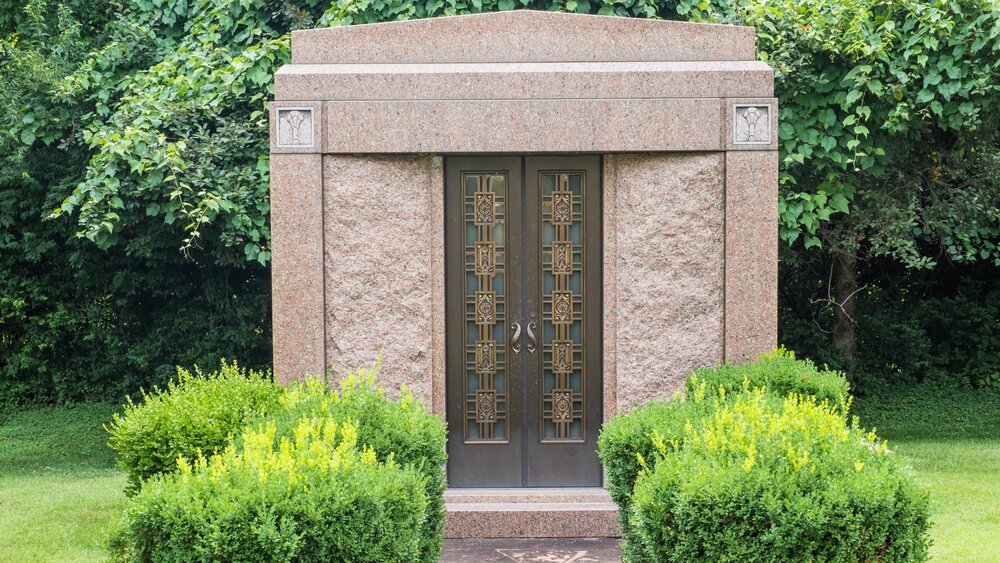
A Powerful Symbol of Love and Memory
Family mausoleums are a powerful symbol of love, memory, and continuity. They offer a private and intimate space for families to come together, reflect, and remember their loved ones.
Cultural Importance
Family mausoleums reflect family heritage and traditions. Many cultures have long histories of using mausoleums to honor deceased loved ones, serving as a testament to their values and customs. They become a place for annual family gatherings and remembrance ceremonies, allowing family members to pay their respects while reinforcing familial bonds.
A Lasting Tribute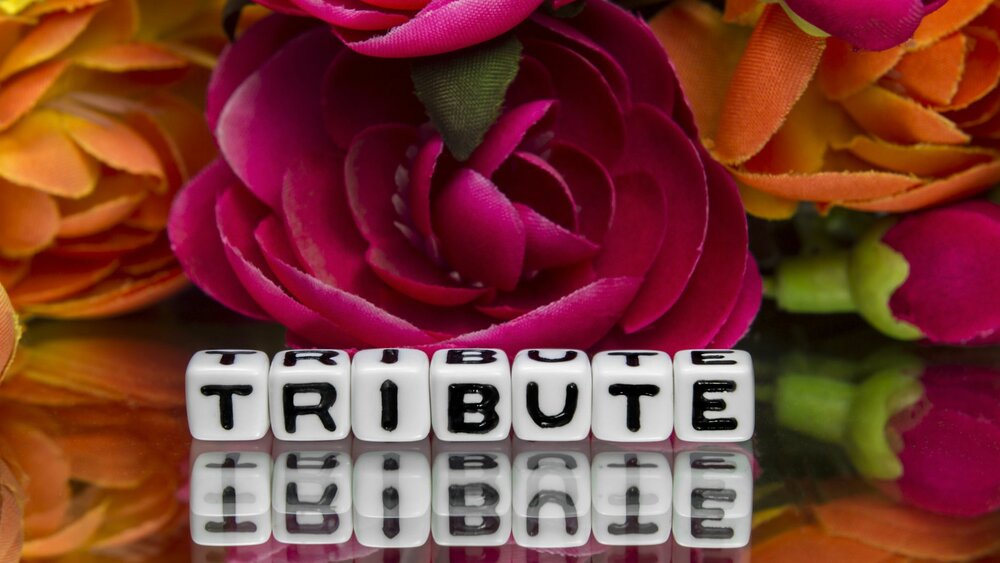
A family mausoleum stands as a monument to those who have passed, celebrating their lives and contributions to the family. It provides a dedicated space where stories can be shared, and memories can be cherished.
Connection Across Generations
A mausoleum is not just a resting place for one generation; it is designed to accommodate future family members as well. This continuity strengthens the connection between generations, reminding descendants of their roots.
Personalization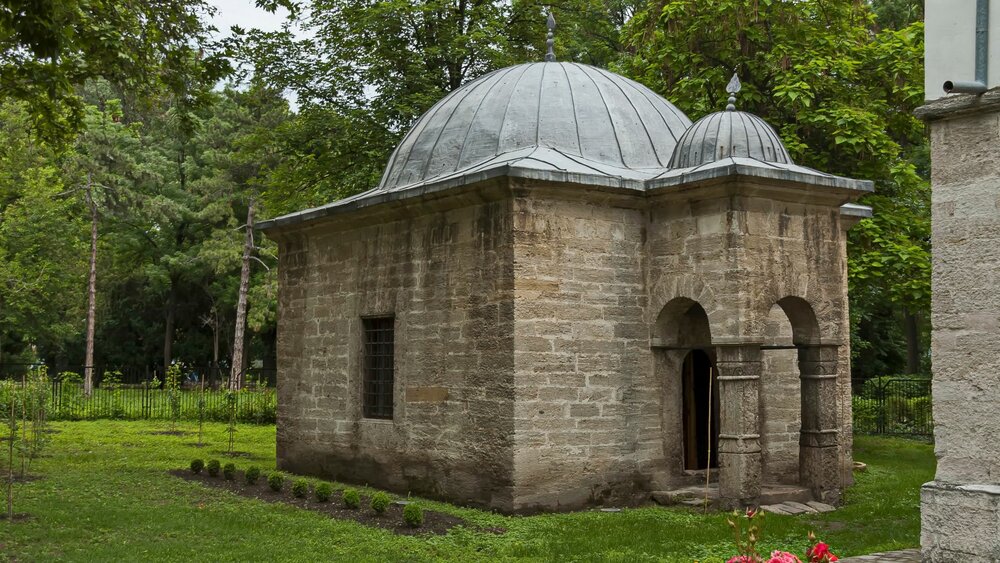
Each mausoleum can be uniquely designed to represent the family’s values and history. From architectural styles to inscriptions and memorial features, personalization allows families to express their identity.
- Custom Features: Families can choose elements that reflect their heritage, such as symbols, quotes, or even artwork. This attention to detail transforms a mausoleum into a family narrative.
- Engagement with Heritage: By involving family members in the design process, you ensure that the mausoleum becomes a collective representation of your family’s story.
Design Considerations for Family Mausoleums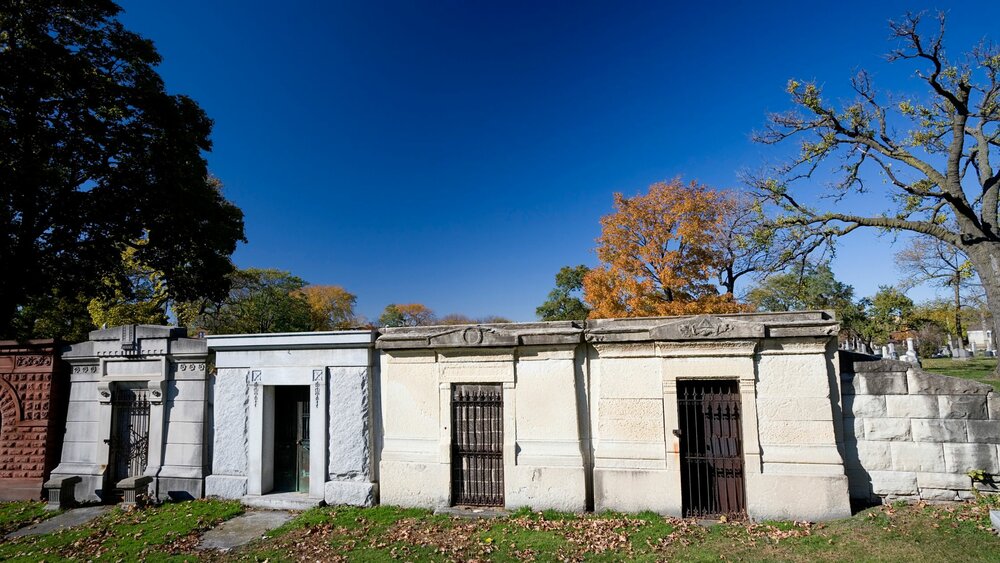
Designing a family mausoleum involves thoughtful planning and creativity. Here are key factors to consider to ensure it meets your family’s needs while honoring your legacy:
1. Location
The location of your family mausoleum is crucial.
- Proximity to Family Plots: Consider how close it will be to existing graves or family plots. This can enhance the experience for family members who visit regularly.
- Scenic Views and Peaceful Surroundings: Look for sites that offer tranquility and beauty, allowing families to feel connected to nature while they remember their loved ones.
2. Size and Capacity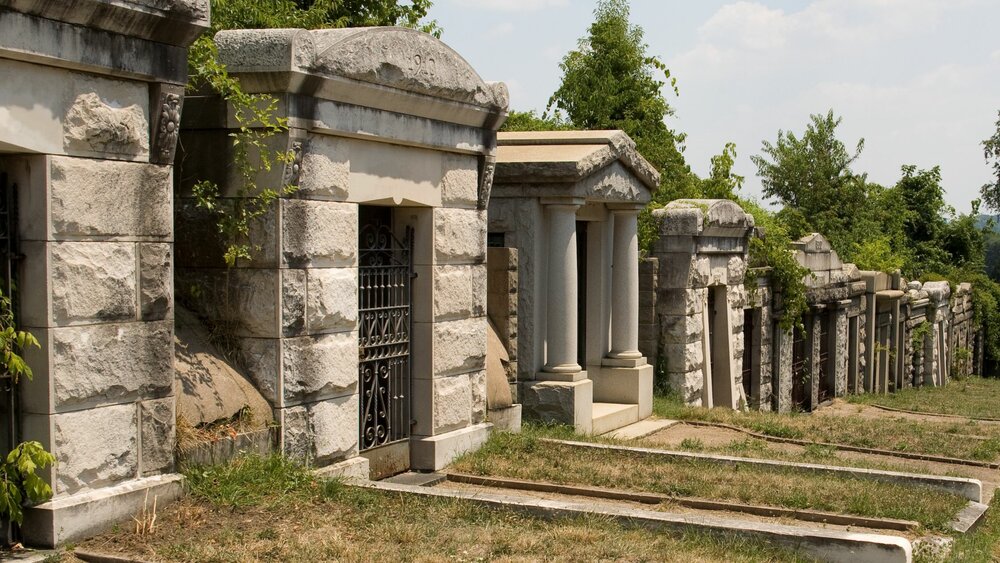
When designing a mausoleum, consider how many family members it will accommodate now and in the future.
- Planning for Growth: It’s important to anticipate the needs of future generations. This foresight ensures that the mausoleum can continue to serve the family for years to come.
- Space for Personalization: A larger mausoleum allows for more customization options, such as multiple chambers or niches for individual family members.
3. Architectural Style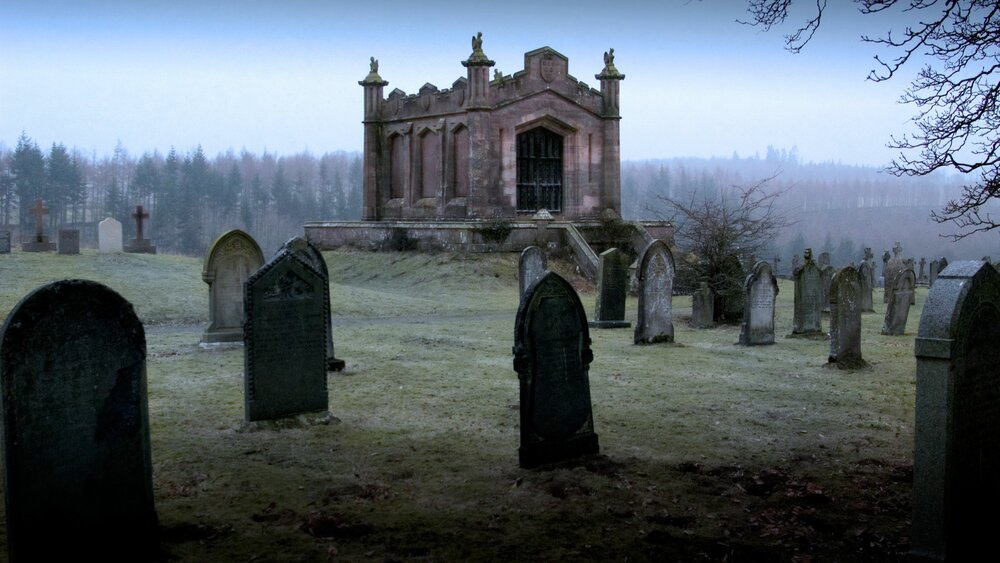
Choosing the right architectural style is essential for creating a mausoleum that resonates with your family’s identity.
- Classic, Modern, or Custom Design Options: Families can opt for traditional styles like Gothic or Romanesque or choose modern aesthetics that reflect contemporary tastes.
- Material Choices: Consider durable materials such as granite, marble, or stone, which not only enhance the aesthetic appeal but also ensure longevity.
4. Maintenance
Maintenance is an essential aspect of owning a family mausoleum.
- Consideration of Upkeep: Regular maintenance is required to preserve the structure and its surroundings. Discuss with family members how upkeep will be managed to ensure the mausoleum remains a respected space.
- Accessibility for Family Visits: Ensure that the mausoleum is accessible for all family members, including those with mobility challenges.
Benefits of Family Mausoleums for Future Generations
Investing in a family mausoleum not only honors past generations but also creates a meaningful legacy for those yet to come. Here are some benefits that emphasize the importance of this investment:
1. Preservation of Family Heritage
Family mausoleums help keep family history alive across generations. They serve as a tangible connection to ancestors, allowing families to pass down stories and traditions.
- Educational Opportunities: Younger family members can learn about their heritage through visits to the mausoleum, gaining insights into their family’s past.
- Documentation of History: Family mausoleums can be accompanied by documentation, such as a family tree or history book, to further enrich the experience.
2. Enhanced Family Bonding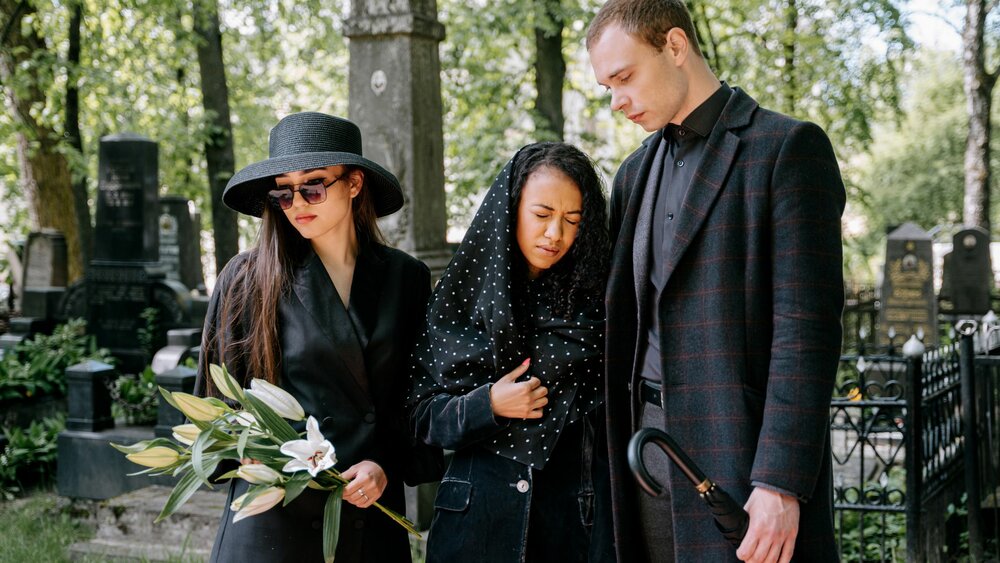
A family mausoleum encourages regular family gatherings and traditions, reinforcing relationships among family members.
- Regular Remembrance Ceremonies: Establishing annual gatherings allows family members to honor their ancestors while creating new memories together.
- Strengthening Relationships: Sharing the experience of visiting the mausoleum can strengthen familial bonds, fostering a sense of unity and support.
3. Personalized Memorialization
A family mausoleum offers a unique space for storytelling and remembrance, allowing families to memorialize their loved ones in meaningful ways.
- Space for Personal Tributes: Families can create dedicated areas within the mausoleum for personal mementos, photos, or tributes to their loved ones.
- Cultural Rituals: Families can incorporate cultural or religious practices into their visits, enriching the memorialization experience.
Creating Your Family Mausoleum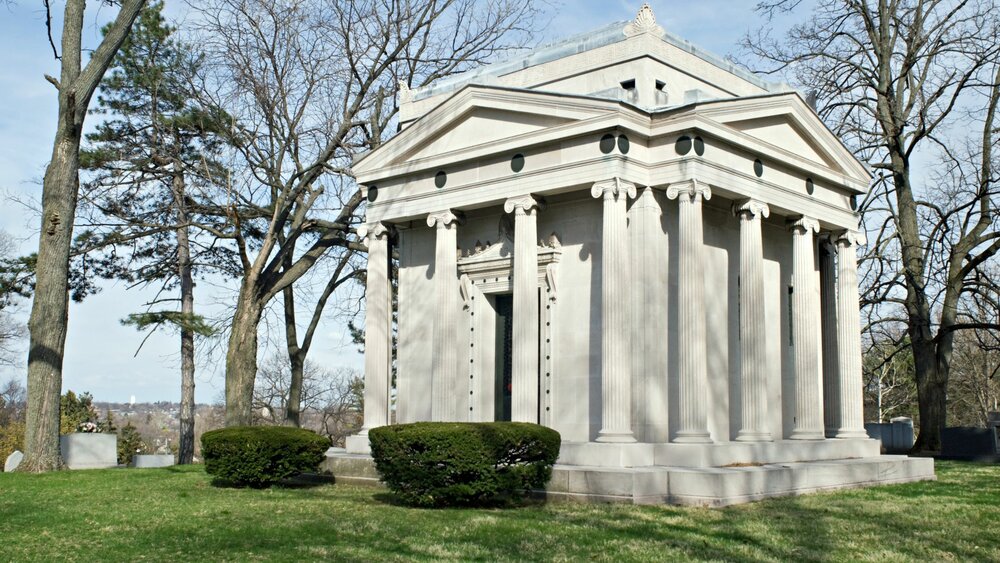
If you are considering a family mausoleum, start by researching local options and consulting with professionals who specialize in mausoleum construction. Here’s a step-by-step guide to get you started:
1. Research Local Regulations
Check with local authorities regarding cemetery regulations and guidelines for constructing a mausoleum. Understanding the legal and zoning requirements in your area is crucial to avoid any complications later on.
2. Consult with a Professional
Work with architects and builders who specialize in mausoleum design to ensure that your vision is realized. They can help you navigate the complexities of design and construction, ensuring a structure that meets your family's needs and preferences.
3. Engage Your Family
Involve family members in the planning process to gather input and foster a sense of shared ownership. This collaborative approach can enhance the emotional significance of the mausoleum and ensure it reflects the collective identity of the family.
4. Design and Plan
Create a design that reflects your family’s heritage and personalizes the mausoleum for future generations. Take time to consider all the details, from the layout to the materials, ensuring that each element aligns with the family's values and story.
5. Finalize and Construct
Once the design is approved, construction can begin, transforming your vision into a lasting legacy. Throughout the construction process, maintain open communication with the builders to ensure that everything is executed as planned.
Conclusion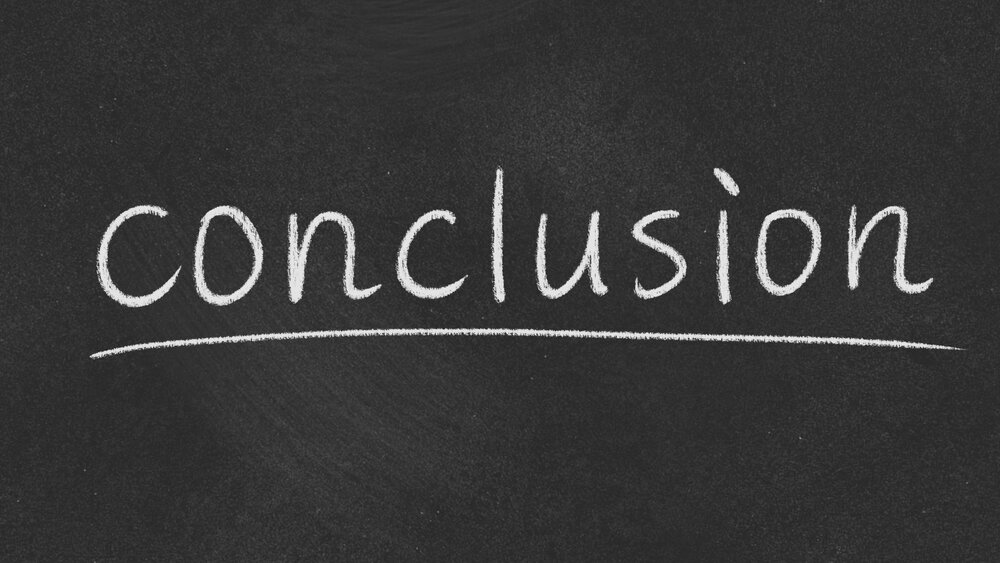
Family mausoleums are more than mere structures; they encapsulate the essence of familial love and legacy. By investing in a family mausoleum, families can preserve their history and ensure that future generations have a place to gather, reflect, and remember. If you’re considering a family mausoleum, connect with a professional today to explore your options and create a meaningful tribute to your family's legacy. This enduring symbol not only honors those who have passed but also strengthens the ties that bind families across generations, making it a cherished investment for the future.
For additional information - please call Willowbrook Cemetery. Our team can help you select a peaceful final resting place for your cherished one at our cemetery. You can contact us via this form or number on this page.


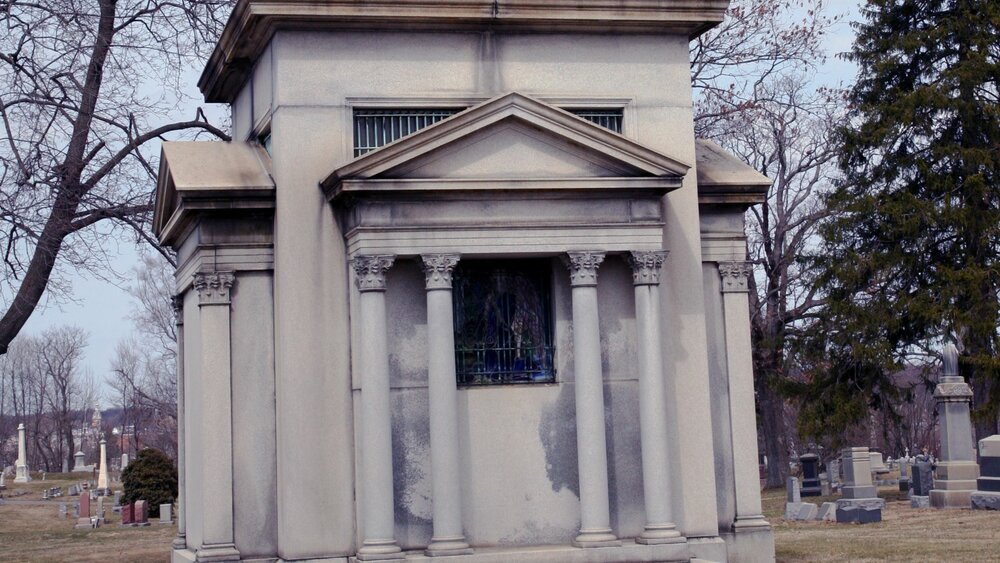

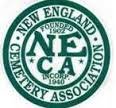
Comments